'Here & Now' Highlights: US Sen. Tammy Baldwin, Steve Summers and Tiffany Loken, Laura Dresser
Here's what guests on the Sept. 5, 2025 episode said about cuts to Medicaid, special education reimbursement rates, and the state of jobs in Wisconsin.
By Zac Schultz | Here & Now
September 8, 2025
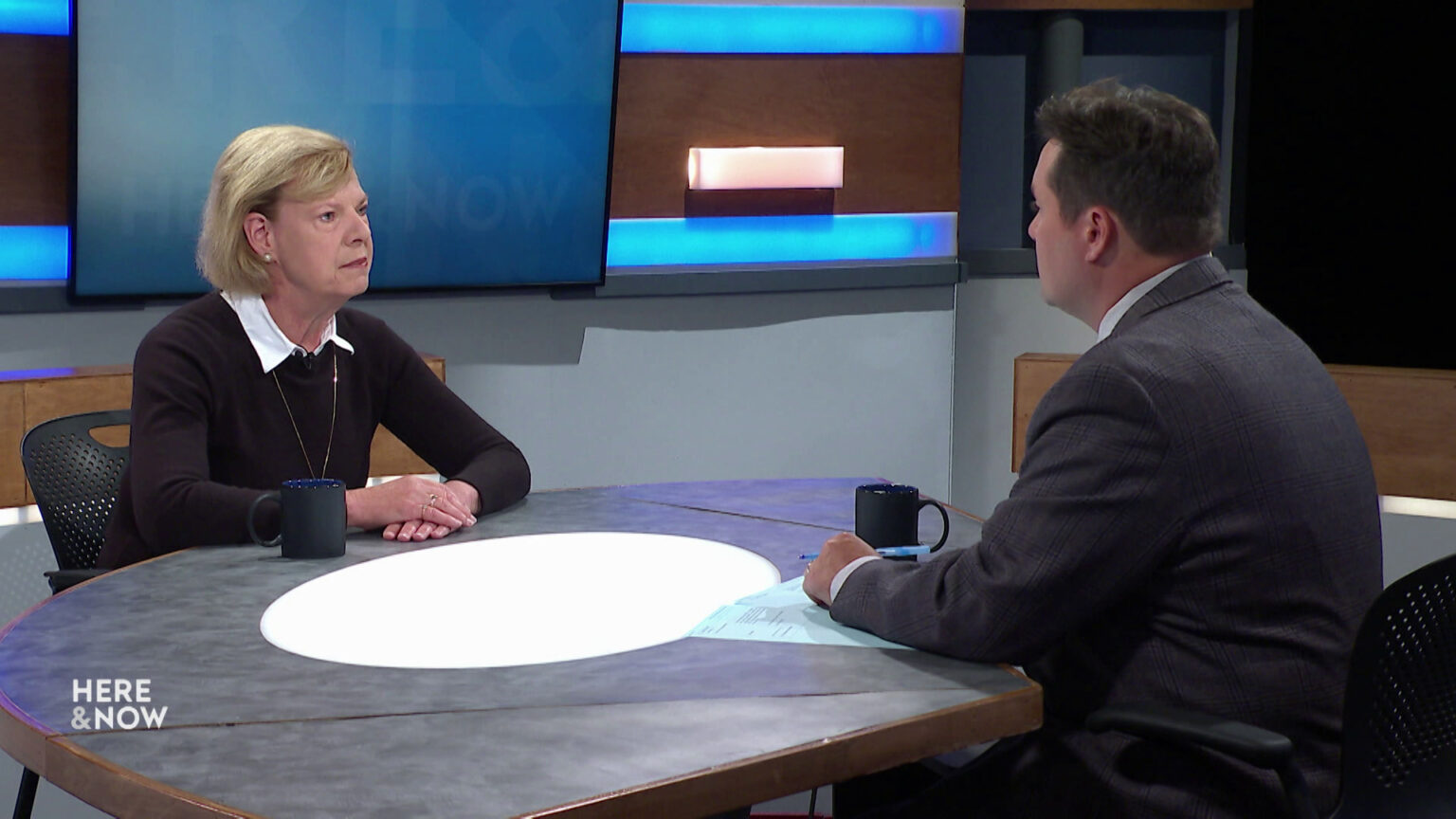
Tammy Baldwin and Zac Schultz (Credit: PBS Wisconsin)
Cuts to Medicaid in the One Big, Beautiful Bill Act haven’t kicked int, but U.S. Sen. Tammy Baldwin is already talking with health care providers about anticipated impacts. Wisconsin’s 2025-27 state budget increased reimbursements to local districts for one type of special education cost to a 90% level — Steve Summers and Tiffany Loken explain how the Waunakee Community School District will use the higher level of funding. Wages are up, but Laura Dresser of the High Road Strategy Center says the number of jobs being created is a worrisome signal for the economy.
U.S. Sen. Tammy Baldwin
(D) Wisconsin
- The One Big Beautiful Bill Act passed by the Republican majority in Congress and signed by President Donald Trump includes multiple changes to the federal Medicaid system, including cuts that don’t take effect until 2027. Baldwin, a Democrat, said these changes will make it more difficult for people to keep their insurance, and eventually the losses will force rural hospitals to close.
- Baldwin: I’ve been visiting critical access hospitals in rural areas of the state. Their margins were thin to begin with before the passage of this — now they’re looking at heartbreaking decisions about perhaps closing off certain departments because they are not profitable and to help them stay afloat. Some we know in Wisconsin will be looking at shutting their doors. Particularly troublesome is the decision some hospitals have made to stop having obstetrics delivery, meaning that there are places in Wisconsin where women have to travel literally hours to get the services they need.
Steve Summer and Tiffany Loken
Executive director of business services and director of special education, Waunakee Community School District
- The 2025-27 state budget increases the state’s reimbursement rate for High Cost Special Education Aids to 90%, a change that has been a priority for parents of students with disabilities for years. The Waunakee Community School District will use the additional funds to create a new program for students. Loken, who leads the district’s special education programs, described the idea.
- Loken: “We took to the school board a proposal to begin a new program, an alternative program for elementary age students that need a little more intensive support than what we can provide in a regular education classroom. The board was really supportive because of this additional funding, because we could speak to using the high-cost funds to fund the program —- and it’s starting this week.”
- The budget also boosted the state’s reimbursement rate for all special education costs from 32% to 42%. Summer, the Waunakee school district’s business director, described expected impacts.
- Summer: “It’s significant, and what it’s going to allow most schools to do is to benefit all students. I think it’s important to note that an increase in funding for special education students benefits the entire school system — students both with and without IEPs — because when a school special education fund is not funded correctly, the Fund 10 or the general fund has to reimburse, which removes opportunities for students who don’t have IEP. So, it truly benefits all kids for special ed funding to be at a more appropriate level.”
Laura Dresser
Associate Director, High Road Strategy Center at UW-Madison
- The High Road Strategy Center, a policy-oriented think tank at UW-Madison, releases its annual “State of Working Wisconsin” report to coincide with Labor Day. The center’s 2025 report shows median wages in the state have hit a new high, but the jobs numbers at the national level contain cause for concern. Dresser pointed to uncertainty stemming from the Trump administration’s tariffs policies.
- Dresser: “I think it’s for businesses — domestic businesses and international businesses — to plan when the regime is not clear, when what is our tariff policy going to be? Still emerging, chaotic, giant leaps — so, partly the uncertainty cools off business investment decisions, puts people back on their heels at producer levels. And then also when the tariffs land — and they’re beginning to land — they increase prices. They do. They’re a tax on imported goods. That means imported and the domestic goods in those markets, the prices will go up. So, I think there’s real concerns. I think some signs the tariffs are beginning to hit, but more like concern and the uncertainty really dominating the news right now.”
Watch new episodes of Here & Now at 7:30 p.m. on Fridays.
 Passport
Passport




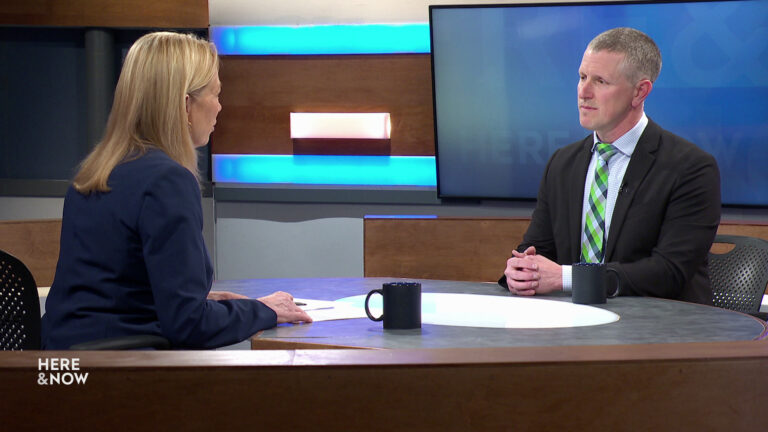
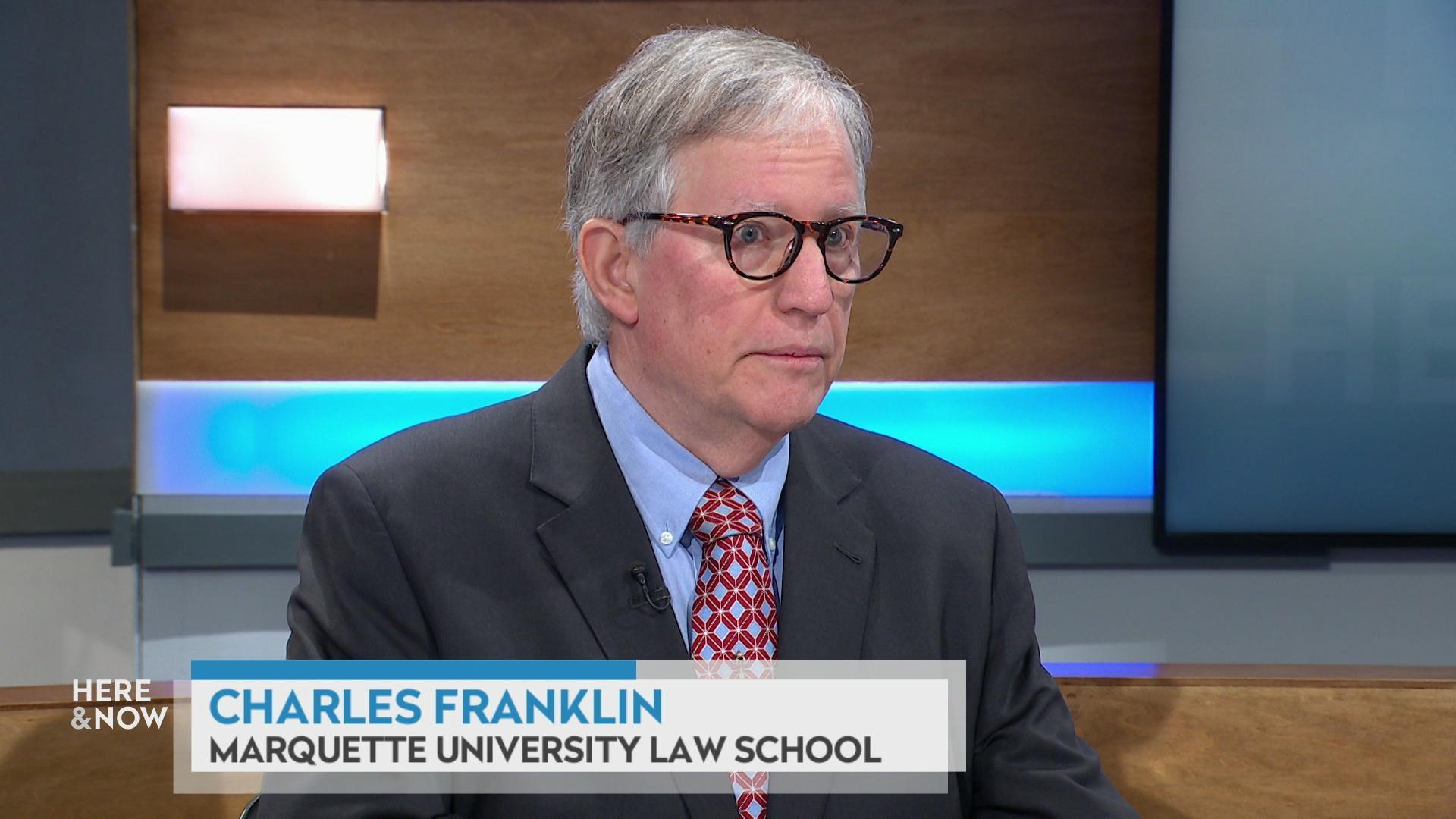
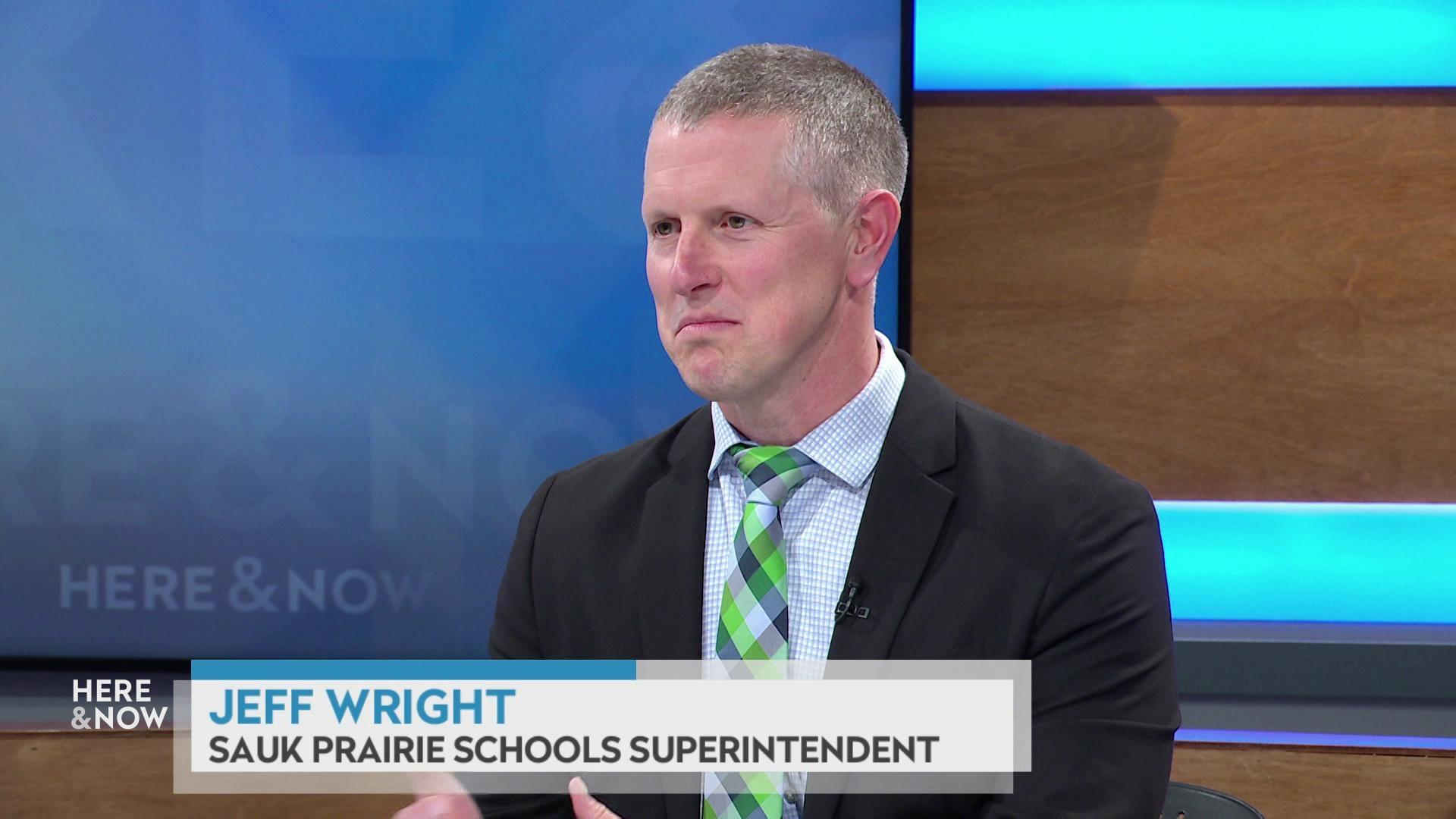
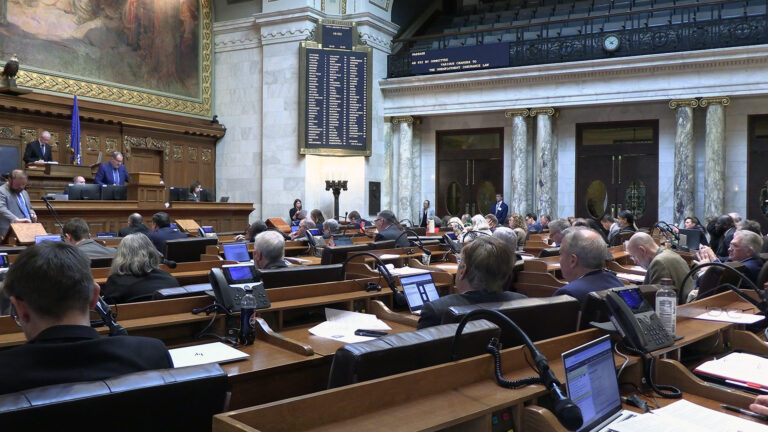

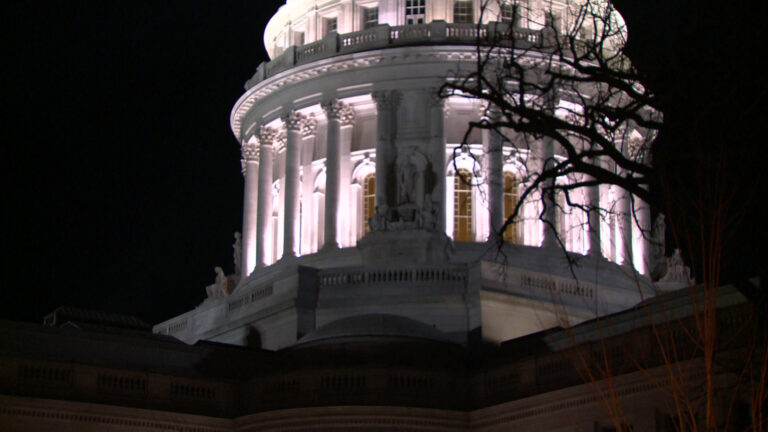

Follow Us